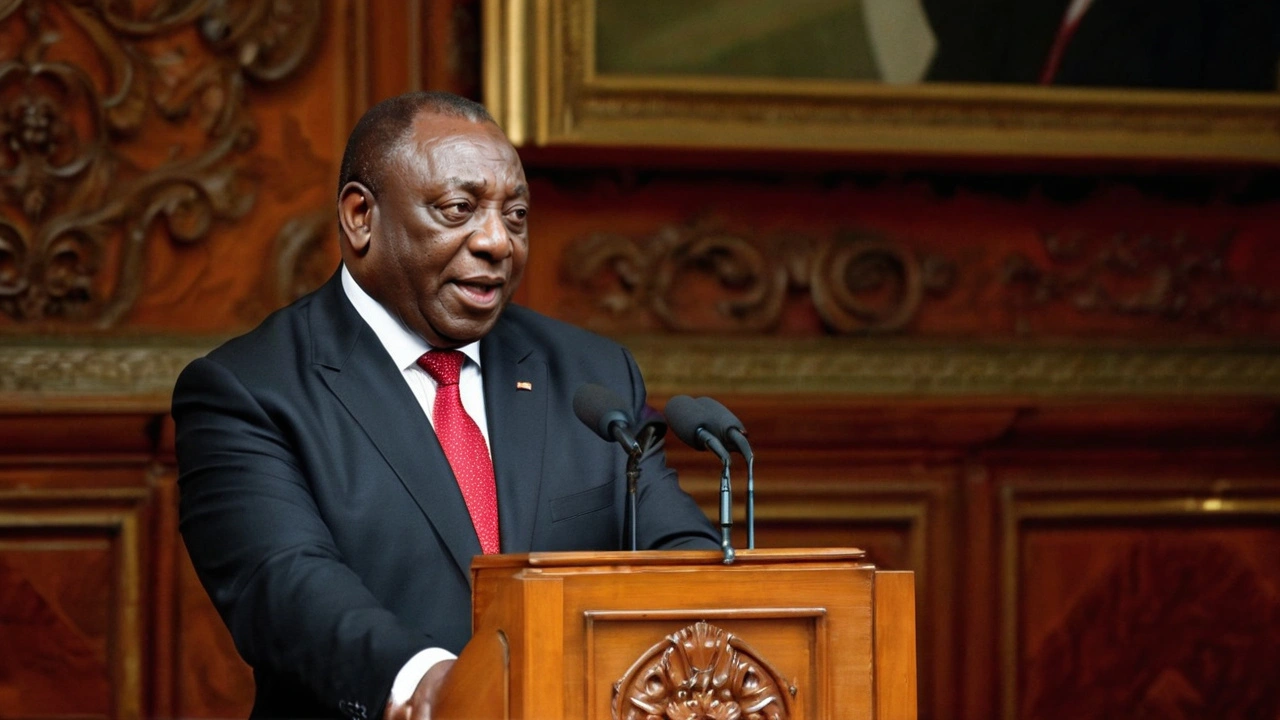Gender-based violence: signs, safety steps and how to get help
One in three women worldwide experience physical or sexual violence in their lifetime. If that shocks you, good — this topic needs attention. Gender-based violence (GBV) is common, but it’s also preventable and there are real steps you can take now if you or someone you know is at risk.
What GBV looks like
GBV isn’t only physical attacks. It includes sexual assault, emotional abuse, economic control, stalking, forced marriage, and harmful practices like female genital mutilation. In workplaces it shows up as harassment or unequal treatment. A partner who isolates you from friends, controls money, or threatens you is using violence even without hitting you.
Look for concrete signs: unexplained injuries, frequent missed work or school, anxiety or withdrawal, someone always checking who you speak to, or sudden financial dependence. Kids who witness shouting or physical fights may act out or become withdrawn — that’s a red flag too.
How to stay safe now
If you’re in immediate danger, call emergency services first. If you can, make a short plan: where to go, what to take (ID, cash, phone charger), and a code word to alert trusted friends or family. Keep copies of important documents and a small bag hidden somewhere safe if you need to leave quickly.
If it’s not an emergency, reach out to a trusted person or a local support group. Health clinics can treat injuries and collect evidence if you choose to report later. Try to document abuse: dates, times, photos of injuries, messages, and witness names. Store this information somewhere the abuser can’t find.
Reporting can feel overwhelming. In many African countries, police units and health services now handle sexual and domestic violence cases with trained staff. Shelters and NGOs offer safe housing, counselling, and legal help. If police response seems slow, contact NGOs that work with survivors — they often guide you through the system and can advocate for faster action.
Talking helps. Counsellors and survivor groups offer practical steps and emotional support without judging. If you worry about costs, ask services about free options — many clinics and shelters offer emergency support at no charge.
Everyone has a role in prevention. Speak up when you safely can: check on neighbours, refuse to share jokes that normalize violence, and teach young people about consent and respect. Employers and schools should have clear reporting channels and protection policies — demand them.
If you want more local resources or news on GBV developments, follow our coverage at Africa Daily Dispatch. We publish stories, survivor guides, and updates on laws and services across the continent to help people get the support they need.
Women's Organization Eyes Legal Action Against Cyril Ramaphosa, Spotlights Gender-Based Violence Bill
The Initiative for Strategic Litigation in Africa (ISLA) plans legal action against President Cyril Ramaphosa due to concerns over the gender-based violence bill's implementation. ISLA, part of the Called to Action group, seeks to ensure effective measures against gender-based violence in South Africa, highlighting the government's constitutional obligation.
